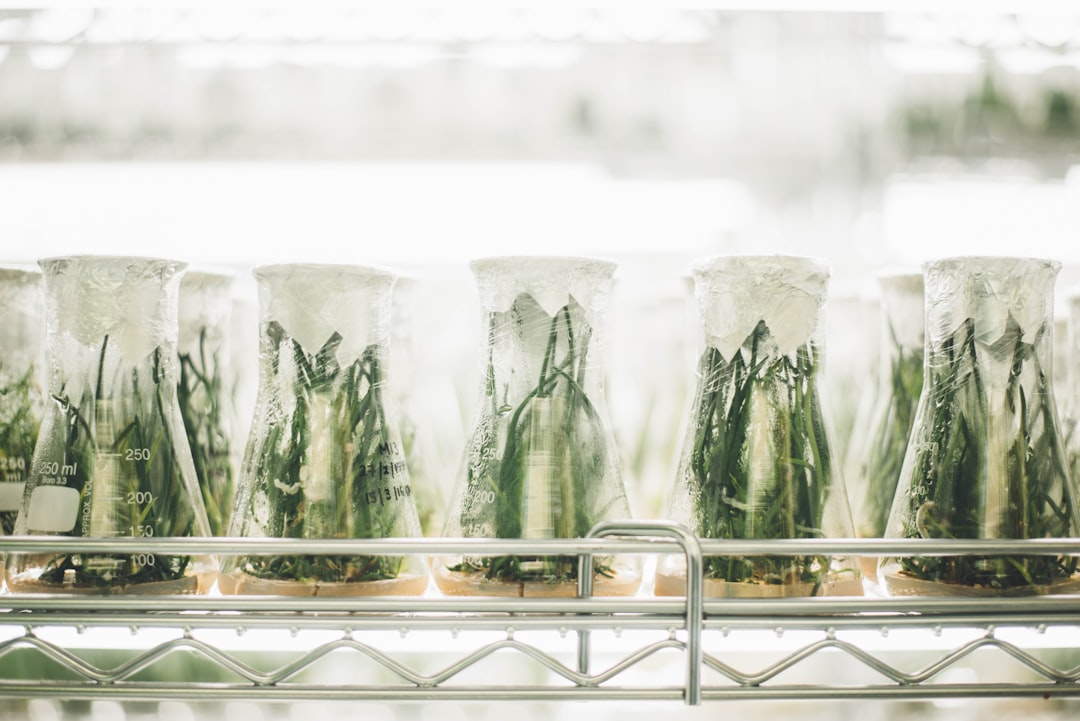Botany, the scientific study of plants, is a field that spans from the tiniest cells to entire ecosystems. It explores how plants grow, function, and interact with their environment, making it an essential discipline for understanding life on Earth. In this blog post, we’ll dive into the basics of botany and introduce the major fields of study within this fascinating science.
The Essence of Botany
At its core, botany is about understanding the living world of plants. It involves studying the anatomy, physiology, genetics, ecology, and evolution of plants. As one of the oldest scientific disciplines, botany has provided insights that are crucial for agriculture, medicine, environmental conservation, and even climate change research.
A Brief History of Botany
From the herbal remedies used in ancient cultures to the detailed plant classifications of modern science, botany has a rich history. Early botanists, often also herbalists, laid the groundwork for what would evolve into a systematic study of plants. With the advent of microscopes and modern analytical techniques, botany has transformed from a descriptive science into one that elucidates the intricate biological processes underlying plant life.
Major Fields of Botany
Botany isn’t a single monolithic field; it branches out into several specialized areas, each shedding light on different aspects of plant life:
Plant Anatomy and Physiology
Understanding how plants are structured and how they function is fundamental to botany. Researchers in this field study the cellular architecture of plants and the processes that allow them to convert sunlight into energy through photosynthesis, transport nutrients, and respond to environmental stimuli.
Plant Ecology
Plant ecology focuses on the relationships between plants and their environment. This field examines how plants interact with each other, with other organisms, and with the physical environment. Insights from plant ecology help us understand biodiversity, ecosystem dynamics, and the impacts of environmental changes on plant communities.
Plant Taxonomy and Systematics
Plant taxonomy is the science of classifying plants, while systematics explores their evolutionary relationships. By identifying and naming plants, taxonomists build frameworks that allow scientists to understand biodiversity. Systematic studies trace the evolutionary pathways of plants, uncovering how they adapt to new environments and diverge into new species.
Plant Genetics and Molecular Biology
Advancements in genetics have revolutionized our understanding of plants. This field investigates the genetic makeup of plants and the molecular mechanisms behind their growth, development, and responses to stress. Research in plant genetics is key to improving crop resilience, developing new plant varieties, and even producing biofuels.
Ethnobotany
Ethnobotany bridges the gap between botany and cultural studies by exploring the relationships between people and plants. This field documents how different cultures use plants for food, medicine, rituals, and daily life, highlighting the deep connections between humans and the plant world.
Plant Pathology
Plants, like all living organisms, are subject to diseases. Plant pathology studies the pathogens that affect plants—such as bacteria, viruses, and fungi—and explores ways to prevent and manage these diseases. This field is particularly important for safeguarding food security and maintaining healthy ecosystems.
The Importance of Botany in Our World
The study of botany is more than an academic exercise—it has real-world applications that impact our daily lives:
-
Agriculture: By understanding plant biology, scientists can develop more resilient and productive crops, helping to ensure food security for a growing global population.
-
Medicine: Many of our medicines are derived from plants. Botany plays a critical role in discovering and synthesizing new therapeutic compounds.
-
Environmental Conservation: As plants form the backbone of many ecosystems, their study helps in the conservation of habitats, the restoration of degraded lands, and the fight against climate change.
-
Biotechnology: Advances in plant biotechnology have led to innovative solutions in energy production, waste management, and sustainable industrial processes.
Conclusion
Botany is a vibrant and multifaceted field that touches nearly every aspect of our lives. Whether through enhancing our food supply, preserving our natural environments, or unlocking the secrets of plant genetics, the science of plants continues to shape our world in profound ways. By exploring the major fields of study within botany, we gain a deeper appreciation for the intricate and indispensable role that plants play in sustaining life on Earth.
As our understanding of plants grows, so does our ability to harness their potential for a better, more sustainable future. The world of botany reminds us that sometimes, the smallest leaves hold the grandest secrets of life.
Feel free to share your thoughts or ask questions about the fascinating world of botany in the comments below!

Comments
No comments yet. Be the first to comment!
You must be logged in to comment. Login